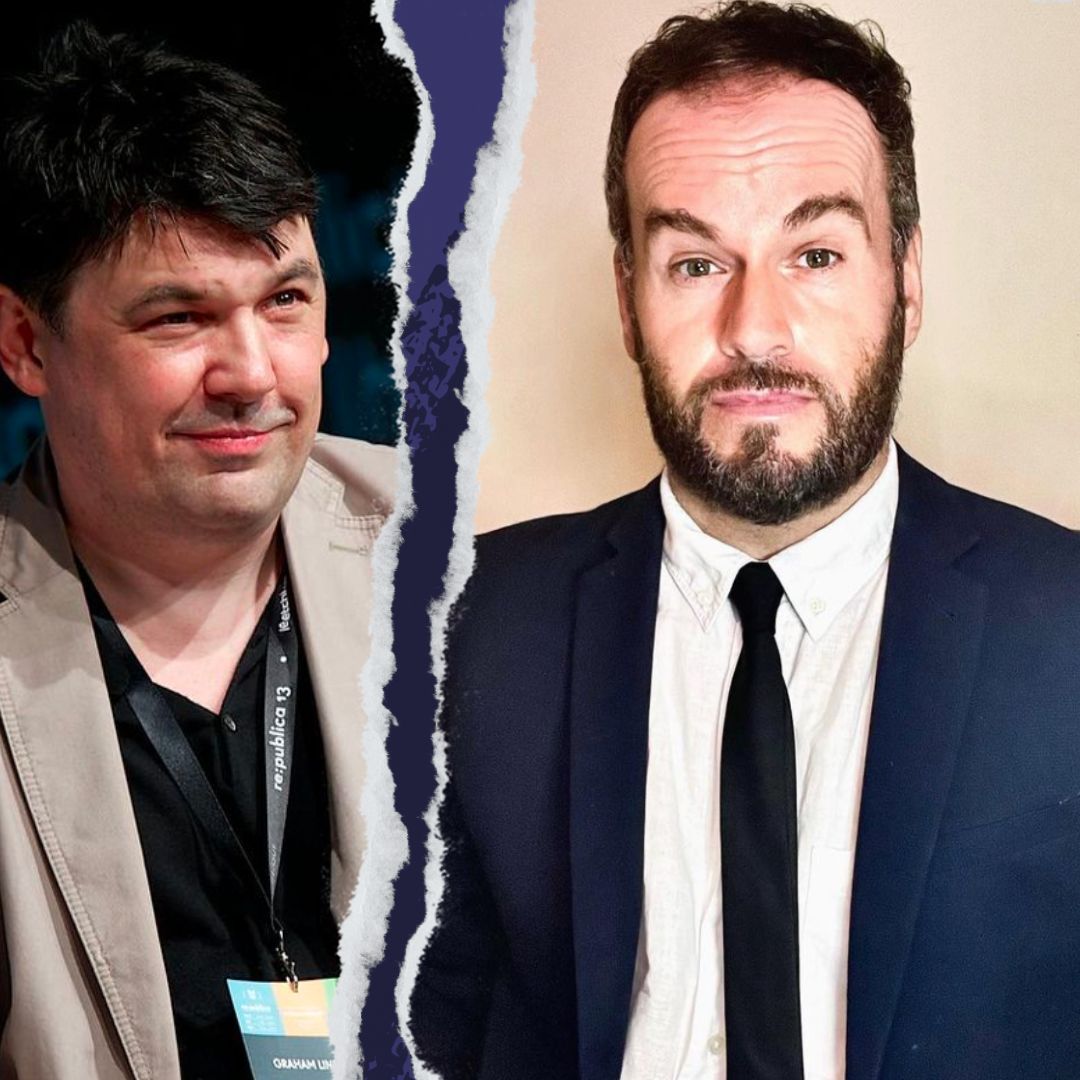Barristers need more free speech, not less
The attempt to regulate barristers’ online speech is deeply troubling.

Want to read spiked ad-free? Become a spiked supporter.
It’s a terrible thing when people are sacked or punished by their employers for expressing their opinions. But there is at least a saving grace. If your boss stops you from speaking your mind on religion, politics or trans rights, you can always just go and work for someone else.
However, professional governing bodies are now getting in on the act of policing speech, which risks taking workplace censorship to a new and alarming level. After all, a sanction from one of these organisations will not only take away your right to work at a particular workplace – it can also leave you blacklisted from the profession altogether. It would essentially deprive you of your livelihood.
In light of this, two pieces of guidance released last month by the Bar Standards Board (BSB), which regulates barristers, should trouble us all.
In its Guidance on the regulation of non-professional conduct, the BSB explicitly states that it will investigate a barrister’s private Facebook posts if they contain, for example, violent sexual fantasies and sexual slurs directed at women.
Such speech is undoubtedly abhorrent. But so too is the notion of barristers being professionally disciplined for expressing their personal opinions outside of work. Plus, if we open the door to this censorship the list of unacceptable speech will only expand.
The BSB’s new Social Media Guidance isn’t much better. It has a catch-all provision that will potentially outlaw privately ‘sharing communications or hyperlinks to content posted by others which are seriously offensive, discriminatory, harassing, threatening or bullying, without making it clear that you disagree with the content’. Simply linking to a vitriolic attack on a public figure, unless accompanied by a po-faced statement of disagreement, could be treated as a case of professional misconduct.
The BSB claims to champion free speech. But the notion of free speech it has in mind is little more than the crabbed version permitted under Article 10 of the European Convention on Human Rights. Barristers are pointedly reminded in the guidance that there’s a plethora of speech that the European Court of Human Rights (ECHR) has declared unprotected under human-rights law, including xenophobia, Islamophobia and Holocaust denial. Taking the ECHR’s rulings as gospel, the BSB clearly sees suppression as well within its remit.
The guidance makes it clear that barristers should watch what they say at all times. ‘While the right to hold a view and say something may be protected by Article 10’, it says, ‘if there is something objectionable about the manner in which it is expressed, this could be a potential breach’. In other words, if you express views that are entirely lawful in an ‘objectionable’ manner – whatever that means – you could land yourself in serious trouble with a body capable of depriving you of your career.
This guidance shows that the BSB is no friend of free speech. It could have committed itself to not interfering in private conversations, or the expression of views that did not directly relate to a person’s practice at the bar. It also could have said that the bar, like any other profession, has its fair share of those with spiky or offensive opinions, and that allowing them to be expressed was necessary and even desirable in a profession that takes pride in its fierce independence. Sadly, the BSB seems to regard free speech as a tiresome impediment to its ability to control what barristers can say and do.
Still, its justification for doing so doesn’t even hold water. The BSB claims that, with more oversight, barristers will better uphold their duty to act with ‘honesty’ and ‘integrity’. This, it goes on, will help restore the public’s ‘trust and confidence’ in the profession. This is nonsense. For a barrister to act with honesty and integrity requires that he or she is able to express his or her opinions and defend them openly. Forcing barristers to hide their views in case they breach Orwellian guidelines is an open invitation to dishonesty and hypocrisy.
Censoring the opinions of barristers is hardly likely to increase the public’s trust in barristers. I would certainly have a great deal more confidence in a profession that explicitly welcomed members with all sorts of views, ranging from the anodyne to the obnoxious, and left them reasonably free to say what they liked.
The leaders of the bar, increasingly captured by progressive dogma, aren’t terribly keen on viewpoint diversity. They’re determined to reshape the profession in their own image, characterised by a culture in which dissenting opinions don’t exist. They can’t say that outright, of course. But they can try to push independent voices out of the profession by making their lives unbearably difficult.
All this will irrevocably impoverish the bar. And faced with a more dogmatic legal profession, it is the British public who will suffer most.
Andrew Tettenborn is a professor of commercial law and a former Cambridge admissions officer.

Graham Linehan and Brendan O’Neill – live and in conversation
Tuesday 17 October – 7pm to 8pm BST
This is a free event, exclusively for spiked supporters.
Picture by: Getty.
Celebrate 25 years of spiked!
A media ecosystem dominated by a handful of billionaire owners, bad actors spreading disinformation online and the rich and powerful trying to stop us publishing stories. But we have you on our side. help to fund our journalism and those who choose All-access digital enjoy exclusive extras:
- Unlimited articles in our app and ad-free reading on all devices
- Exclusive newsletter and far fewer asks for support
- Full access to the Guardian Feast app
If you can, please support us on a monthly basis and make a big impact in support of open, independent journalism. Thank you.






Comments
Want to join the conversation?
Only spiked supporters and patrons, who donate regularly to us, can comment on our articles.